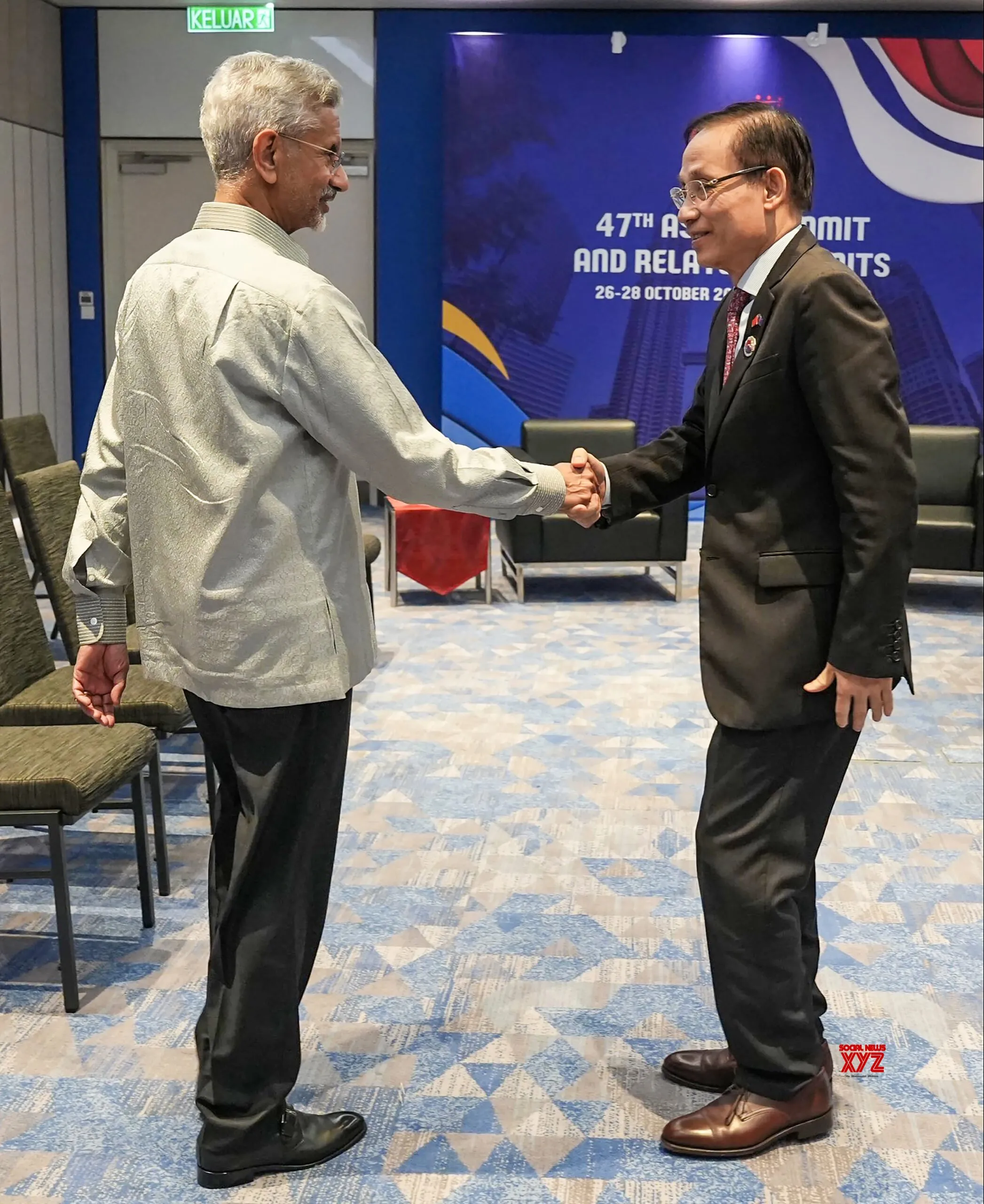Copyright kyivpost

WASHINGTON DC – A high-stakes lobbying blitz by a key Kremlin financier, Kirill Dmitriev, to dismantle new US oil sanctions has been met with a resounding, almost contemptuous, rejection by the Trump administration. The envoy’s weekend trip to Washington – reportedly a direct order from President Vladimir Putin – appears to have imploded under the weight of market reality and a spectacular public denial of documented war crimes. Russian oil giants Lukoil and Rosneft have lost a combined $11.5bn in market value since sanctions hit, immediately and costly fallout that undermines Dmitriev’s claims. On Monday alone, Rosneft shares dropped to their lowest since March 2023, falling 5.6%, and Lukoil plunged a further 6.5%. Dmitriev, head of Russia’s Direct Investment Fund and a figure known for his past role as a Moscow-Washington backchannel, attempted a ‘charm offensive’ targeting Trump officials and US media. Yet, for all his efforts and history as a liaison, his attempts to sway Washington proved fruitless. As Kyiv Post reported earlier, the most trenchant and public dismissal came from Treasury Secretary Scott Bessent, who cut through the diplomatic fog, bluntly labelling Dmitriev a “Russian propagandist.” Lie on US soil: Denying attacks on children The crisis surrounding Dmitriev’s visit escalated beyond a mere sanctions negotiation and into a showcase of blatant, televised disinformation. The US government temporarily waived sanctions for the top Kremlin associate, hoping to find a serious peace negotiator. Instead of diplomacy, he used the access to brazenly push verifiable lies into the American information space. During high-profile interviews on networks like CNN and Fox News, Dmitriev was confronted with overwhelming evidence of Russia’s systematic attacks on non-military infrastructure. When questioned about the numerous reports of Russian strikes hitting civilian sites, Dmitriev cynically repeated the official Kremlin line: The position of the Russian military is that they only hit military targets.” Pressed specifically on a recent Russian drone attack that struck a kindergarten in Kharkiv where children were sheltering, Dmitriev evaded direct responsibility, claiming, “Russia does not target kindergartens” and suggesting the attack must have been an “accident.” He then deflected further questions to the military, stating, “I’m not a military guy.” Yuriy Boyechko, CEO of the non-profit Hope for Ukraine, told Kyiv Post on Monday that this was not a misunderstanding, but a “cornerstone of Russia’s information warfare strategy.” “Dmitriev is leveraging the credibility of US news platforms to whitewash documented war crimes,” Boyechko stated, adding that the abuse of his diplomatic access—a concession granted for dialogue—must now be reversed. For Boyechko, the case for revoking the sanctions waiver, which allowed a sanctioned individual to deny documented attacks on children in order to gain political concessions, is now “irrefutable,” he asserted. From lobbying to logorrhea: Parting shot In a bizarre final act, Dmitriev – having failed to spread his core propaganda in the US – took to social media on his flight back to Moscow to reflect on British politics. In a remarkable deflection from the crisis he had just navigated, he tweeted about the “struggle of the British people” against uncontrolled immigration, grooming gangs, and the “mark of the beast” Digital ID, all while suffering under the “most unpopular PM in UK history, Starmer.” The post, a curious blend of alt-right talking points and geopolitical projection, signals the complete failure of the attempted ‘charm offensive.’ Dmitriev arrived in Washington with Putin’s mandate to soften economic pressure; he departed having galvanized the administration’s hardline stance, seen Russian market value plummet, and used US media access to disseminate a televised denial of war crimes. Ultimately, the rejection of the Kremlin’s envoy is a clear signal that Washington’s economic pressure campaign remains firm.



